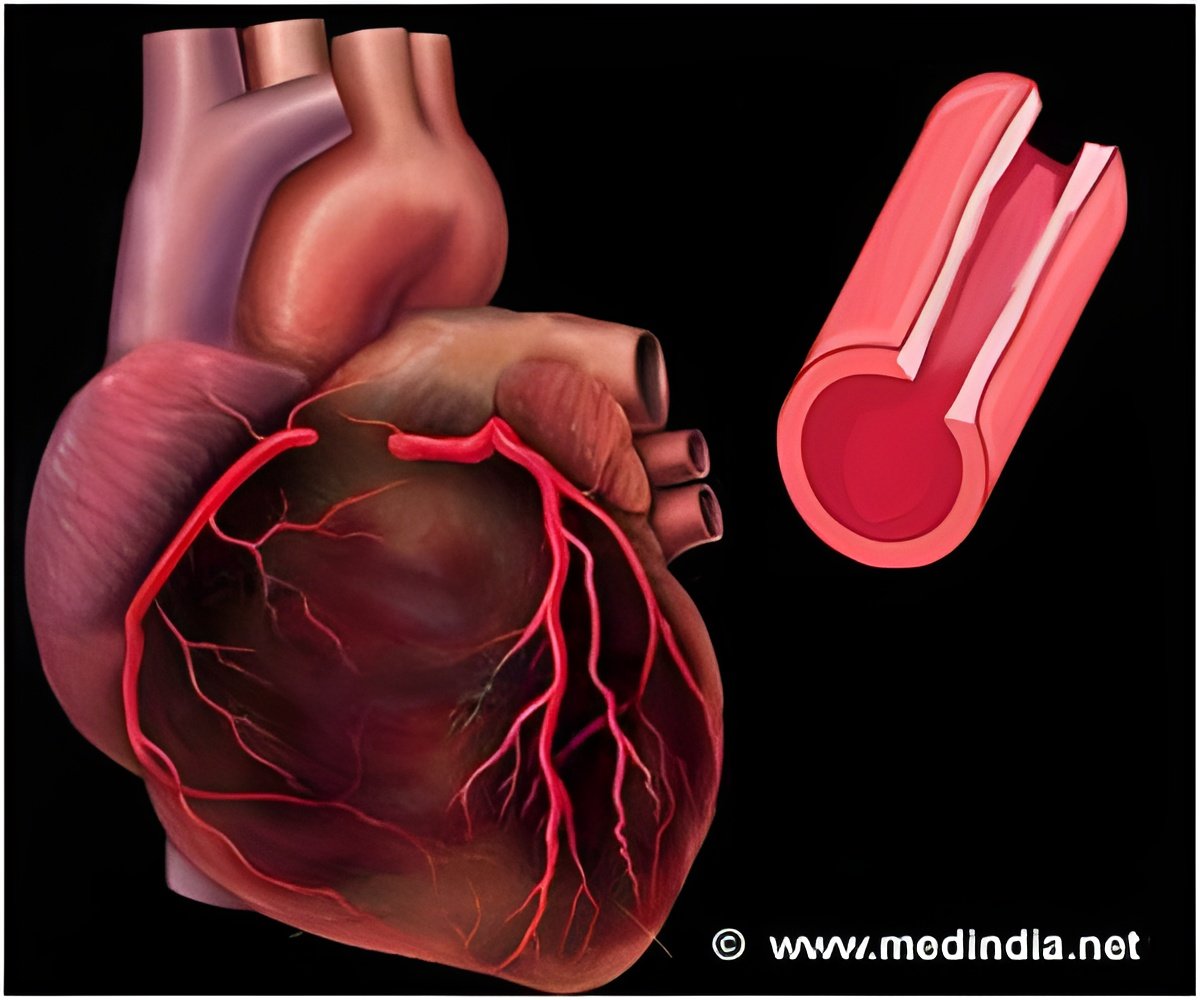
Troponin I, found exclusively in heart muscle, is already used as the gold standard marker in blood tests to diagnose heart attacks, but the new findings reveal why and how the same protein is also altered in heart failure, the journal "Circulation" reports.
The discovery by Johns Hopkins researchers can pave the way to new and badly needed diagnostic tools and therapies for heart failure, a condition marked by heart muscle enlargement and inefficient pumping, believed to affect more than six million adults in the US alone, the researchers say.
"Our findings pinpoint the exact sites on troponin I's molecule where disease-causing activity occurs, and in doing so, they give us new targets for treatment," says researcher Jennifer Van Eyk, director of the Johns Hopkins Proteomics Innovation Centre in Heart Failure.
Troponin I acts as an on-off switch in regulating heart relaxation and contraction. In response to adrenaline, this protein also triggers the "flight-fight" response, according to a Johns Hopkins statement.
But when altered, troponin I can start acting as a dimmer switch instead, one that ever so subtly modulates cardiac muscle function and reduces the heart's ability to pump efficiently and fill with blood, the researchers found.
Advertisement
Source-IANS














